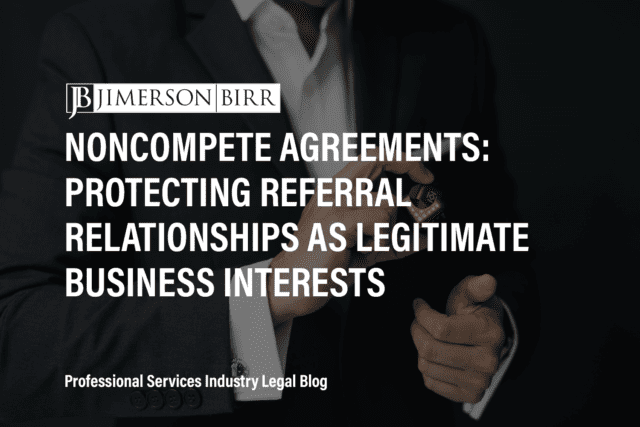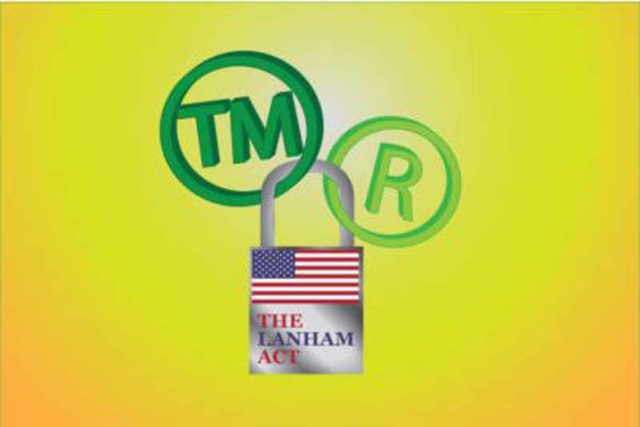What are trademark rights?
Trademarks protect distinctive words, symbols, or phrases that identify and distinguish the source of goods or services from others in the marketplace. In Florida, trademark rights arise from using a mark in commerce and are enforceable under Florida state and federal law.
Need an intellectual property advocate? Schedule your consultation today with a top intellectual property protection attorney.
In Florida, which laws and regulations apply to protecting trademark rights?
In Florida, trademark rights are governed primarily by the Florida Trademark Act, codified in Chapter 495 of the Florida Statutes. This law provides state-level protection to trademark owners and establishes rules for registering, renewing, and enforcing trademarks in Florida.
At the federal level, the Lanham Act (15 USC §§ 1051-1129) provides nationwide protection for trademarks. Trademarks registered with the United States Patent and Trademark Office (USPTO) enjoy federal protection, allowing owners to enforce their rights across state lines. Federal trademark law also establishes legal remedies for trademark infringement and outlines processes for registering, maintaining, and enforcing trademarks.
What are the strategic benefits of protecting trademark rights?
Effective navigation of intellectual property law enables the following for businesses:
- Brand protection: Registering trademarks at the state level with the Florida Department of State and federally with the United States Patent and Trademark Office (USPTO) strengthens brand identity and safeguards intellectual property from unauthorized use.
- Deterrence of infringement: A registered trademark serves as a public notice of ownership, deterring potential infringers from using the mark or similar ones.
- Legal remedies: The Florida Trademark Act and the Lanham Act provide enforcement mechanisms, allowing trademark owners to pursue legal action against infringers and recover damages.
- Licensing opportunities: Registered trademark owners can license their marks, generating additional revenue streams while maintaining control over their intellectual property.
- Marketplace advantage: A strong trademark portfolio enhances brand recognition and helps businesses stand out in competitive markets.
- Geographical expansion: Federal trademark registration grants nationwide protection, facilitating brand expansion across state lines and potentially into international markets.
When a set of facts is appropriate for legal intervention, there are many paths a claimant may take. We are value-based attorneys at Jimerson Birr, which means we look at each action with our clients from the point of view of costs and benefits while reducing liability. Then, based on our client’s objectives, we chart a path to seek appropriate remedies.
To determine whether your unique situation may necessitate litigation or another form of specialized advocacy, please contact our office to set up your initial consultation.
What trademark rights issues commonly lead to intellectual property litigation?
The following issues commonly lead to litigation:
- Infringement: Unauthorized use of a registered trademark can lead to litigation, as trademark owners have the right to protect their intellectual property from misuse.
- Trademark dilution: A registered trademark’s distinctiveness may face dilution if another party uses a similar mark, potentially causing confusion or harm to the original brand.
- Cybersquatting: Registering domain names that include or are similar to established trademarks can lead to litigation, as cybersquatters often seek to profit from another party’s brand reputation.
- Counterfeiting: The production and distribution of fake products bearing a registered trademark may lead to litigation, as counterfeit goods can damage a brand’s reputation and lead to lost revenue.
- Opposition and cancellation proceedings: Disputes can arise during the trademark application process or after registration, as parties may challenge a mark’s validity or claim prior rights to the mark.
- Ownership disputes: Disagreements over trademark ownership rights, such as between business partners or former employees, can lead to litigation.
Please contact our office to set up your initial consultation to see what forms of intellectual property protection may be available for your unique situation.
What actions should counsel take to protect trademark rights effectively?
Counsel should consider the following to protect their clients:
- Register the patent: Begin by ensuring that their client’s trademark is properly registered with the USPTO. Trademarks must be distinctive and non-descriptive to qualify for protection under the Lanham Act and Florida Statutes Chapter 495.
- Monitor the market: Proactively monitoring the market for potential infringements is crucial. If an infringement is detected, counsel should send a cease and desist letter to the alleged infringer, detailing the trademark and infringement, and demanding that the infringing activities stop.
- File an infringement suit: In cases where the dispute persists, counsel may file a trademark infringement lawsuit in federal or state court. They must demonstrate the likelihood of confusion between the client’s trademark and the alleged infringer’s mark.
- Assert appropriate defenses: Counsel can argue that the plaintiff’s trademark is invalid due to lack of distinctiveness or functionality. They may also claim non-infringement by demonstrating the absence of a likelihood of confusion between the marks. Additionally, defenses like fair use or nominative use can be raised, depending on the circumstances.
Frequently Asked Questions
- How do I register a trademark in Florida?
To register a trademark in Florida, you must apply with the Florida Department of State. The application requires information about the mark, goods or services it represents, and payment of the associated fees. Registering the trademark federally with the USPTO for nationwide protection is also advisable.
- Can I enforce my trademark rights if my mark is not registered?
Although registration provides additional benefits, unregistered trademarks receive protection under common law. Owners of unregistered trademarks can enforce their rights by proving they have established a reputation in the market, their mark is distinctive, and the alleged infringer’s mark creates consumer confusion.
- What remedies are available for trademark infringement in Florida?
Under the Lanham Act and Florida Statutes Section 495, trademark infringement remedies include injunctions to stop further use of the infringing mark, monetary damages (such as defendant’s profits, plaintiff’s actual damages, and costs of the action), and in some cases, attorney’s fees. In exceptional cases, courts may also order the destruction of infringing materials.
Have more questions about how intellectual property protection could impact your business?
Crucially, this overview of protecting trademark rights does not begin to cover all the laws implicated by this issue or the factors that may compel the application of such laws. Every case is unique, and the laws can produce different outcomes depending on the individual circumstances.
Jimerson Birr attorneys guide our clients to help make informed decisions while ensuring their rights are respected and protected. Our lawyers are highly trained and experienced in the nuances of the law, so they can accurately interpret statutes and case law and holistically prepare individuals or companies for their legal endeavors. Through this intense personal investment and advocacy, our lawyers will help resolve the issue’s complicated legal problems efficiently and effectively.
Having a Jimerson Birr attorney on your side means securing a team of seasoned, multi-dimensional, cross-functional legal professionals. Whether it is a transaction, an operational issue, a regulatory challenge, or a contested legal predicament that may require court intervention, we remain tireless advocates at every step. Being a value-added law firm means putting the client at the forefront of everything we do. We use our experience to help our clients navigate even the most complex problems and come out the other side triumphant.
If you want to understand your case, the merits of your claim or defense, potential monetary awards, or the amount of exposure you face, you should speak with a qualified Jimerson Birr lawyer. Our experienced team of attorneys is here to help. Call Jimerson Birr at (904) 389-0050 or use the contact form to schedule a consultation.

We live by our 7 Superior Service Commitments
- Conferring Client-Defined Value
- Efficient and Cost-Effective
- Accessibility
- Delivering an Experience While Delivering Results
- Meaningful and Enduring Partnership
- Exceptional Communication Based Upon Listening
- Accountability to Goals











